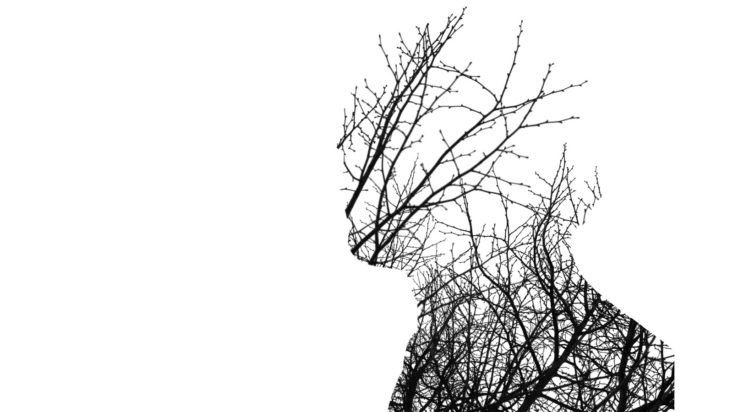The unseen toll on financial advisers
While financial services workers make up a very significant share of the jobs market in Australia, very few people sit at the coalface, in front of real people with very real problems, more than a financial adviser.
Naturally, this position comes with significant responsibility and involves complex challenges.
The growing burden placed on financial advisers is now well understood, with reporting requirements to multiple regulators, platforms, product distributors and one’s licensee. While this burden continues to expand, the number of unadvised Australians continues to grow. As does the demand for quality advice.
Advisers are required to balance this pressure while generally guiding clients through incredibly uncertain periods, the pandemic being a case in point. The role of an adviser, as I see it, is to provide some level of security, comfort and objectivity during periods of stress for clients. This despite, in many cases, having little confidence in what the future holds.
What few outside financial advice tend to understand is the closeness of relationships that are built with clients during these periods of both economic and personal stress.
I recently asked my business partner, Jamie Nemtsas, a pointed question: What do you do as an adviser that most people would never think was part of your role?
His response would surprise many outside of the industry, but few within it. The answer included events such as being the first person that a widow called on the death of her partner, receiving emotional and often abusive phone calls about family issues, undertaking welfare checks at aged care homes, and occasionally attending funerals.
The list goes on, but one point is clear. That is, the role of a financial adviser only starts with prudent investment management and efficient administration. The aforementioned personal services stemming from trusted personal and professional relationships take it much, much further.
This responsibility takes a toll, as the emotional expenditure required to hold someone’s hand through the darkest hours of their life is significant. To do so while also retaining a high degree of professional acumen is, naturally, part of the deal.
Despite what it takes out, however, performing the duties required of a financial adviser is an enormous privilege. Being trusted is an honour.
I’ll leave the final word to Jamie, who put it this way: “Once you’ve been an adviser and had the opportunity to help people in such a meaningful way, what else would you do but the same thing over and over?”











